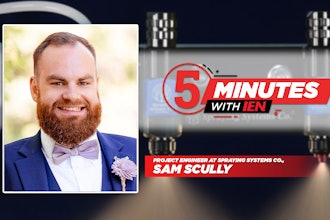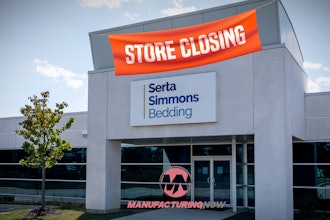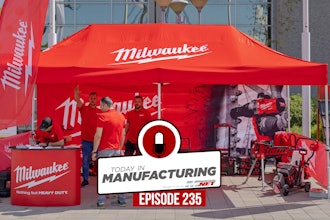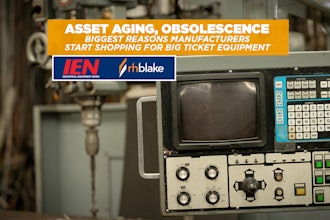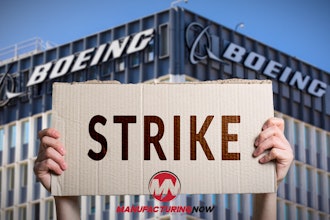On Sunday, Virgin Hyperloop tested human travel in a hyperloop pod for the first time.
Virgin Hyperloop Co-Founder and Chief Technology Officer Josh Giegel and Sara Luchian, Director of Passenger Experience, became the first people in the world to ride in Hyperloop's newly-unveiled XP-2 vehicle, also known as the Pegasus pod.
The XP-2 is a custom-built pod designed for occupant safety and comfort. While the production vehicle will seat up to 28 passengers, the test vehicle is a 2-seater. Design firms BIG – Bjarke Ingels Group and Kilo Design collaborated on the XP-2’s design.
During the test, the pod only reached 100 mph. While it plans to one day travel up to 600 mph, the company says its 500-meter DevLoop test track in Las Vegas is too short to reach top speeds.
The XP-2 demonstrator includes many of the safety-critical systems that will be found on a commercial hyperloop system. For example, it’s equipped with a state-of-the-art control system that can detect off-nominal states and rapidly trigger emergency responses.
Virgin Hyperloop is closing out 2020 with a bang. Just last month, the company named West Virginia as the location for the Hyperloop Certification Center (HCC). The HCC will be a six-mile, $500 million test facility, though, according to CNN, the company is still trying to raise funds for the endeavor.
While the company hopes to see hyperloop by the end of the decade, the test this weekend caused Giegel to reflect on the company's start six years ago, in a garage. He wanted to “transform the way people move.” This weekend took a giant leap toward that ultimate dream.
















